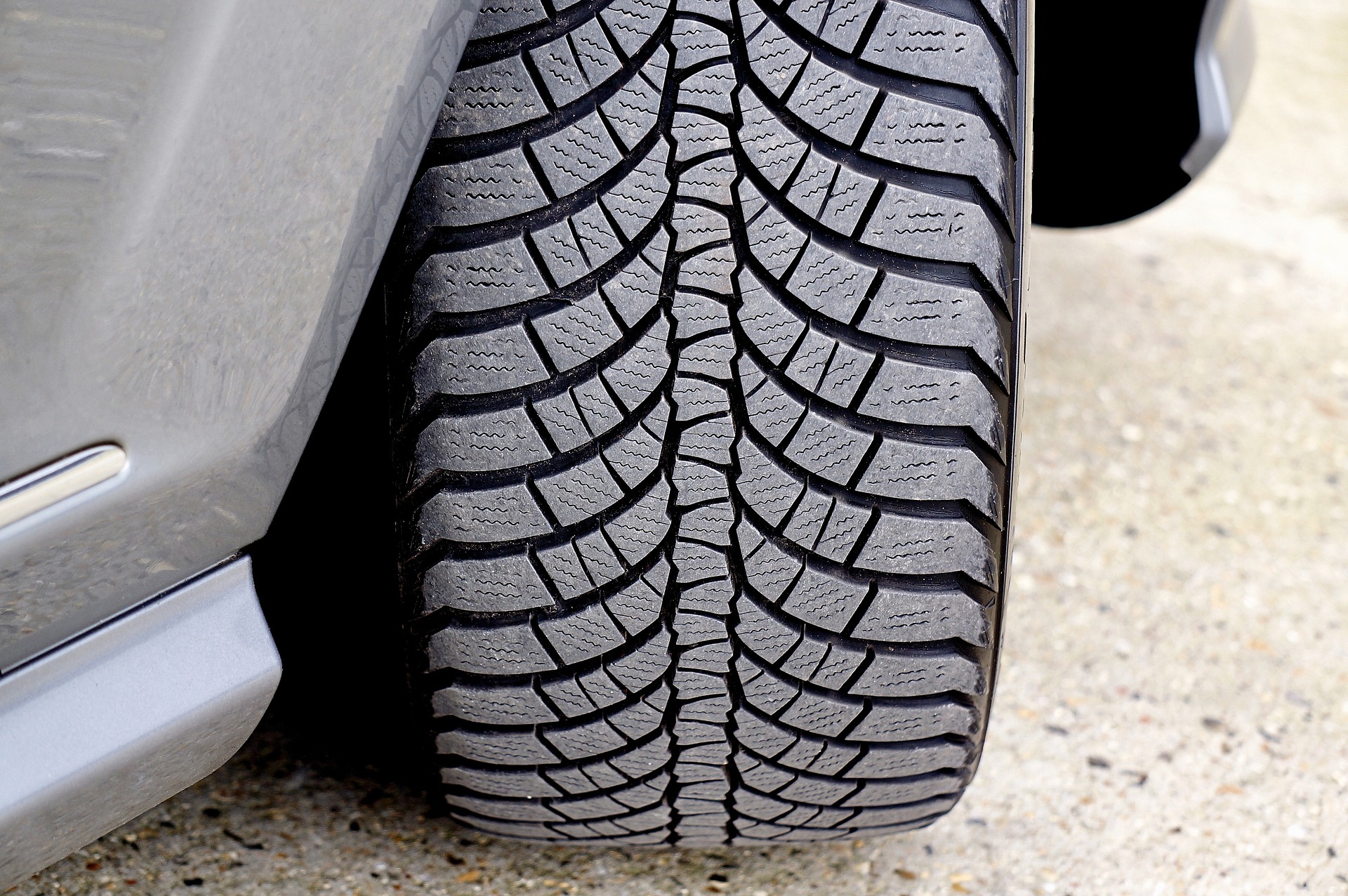Essential Insights into the Cost of Michelin Tires
When purchasing new tyres for your vehicle, understanding the pricing structure of premium brands like Michelin helps make informed decisions. Michelin tyres represent a significant investment in vehicle safety and performance, with costs varying considerably based on multiple factors including tyre size, model specifications, and intended use. The French manufacturer's reputation for quality engineering and durability often justifies the premium pricing, but understanding what drives these costs enables consumers to make strategic purchasing decisions that balance performance requirements with budget considerations.
What Factors Affect Michelin Tire Price Points?
Several key elements determine the final cost of Michelin tyres, with size being perhaps the most significant factor. Larger tyres for SUVs, luxury vehicles, and performance cars typically command higher prices due to increased material usage and manufacturing complexity. The specific tyre model also plays a crucial role, as Michelin’s premium lines like Pilot Sport or Latitude models incorporate advanced technologies and materials that increase production costs.
Seasonal variations impact pricing as well, with winter tyres generally costing more than standard all-season alternatives due to specialised rubber compounds and tread designs. The manufacturing location and import duties can affect regional pricing, whilst market demand fluctuations throughout the year create price variations. Additionally, the retailer’s overhead costs, location, and service offerings contribute to the final price consumers pay.
What Are the Typical Michelin Tire Price Ranges?
Michelin tyres span a broad price spectrum depending on size and application. Standard passenger car tyres typically range from £80 to £200 per tyre for common sizes, whilst larger SUV and 4x4 tyres can cost between £150 and £400 each. High-performance tyres for sports cars and luxury vehicles often exceed £300 per tyre, with some ultra-high-performance models reaching £500 or more.
Commercial vehicle tyres represent another category entirely, with prices varying from £200 to £800 depending on load ratings and durability requirements. Motorcycle tyres generally fall between £60 and £250 per tyre, influenced by size and performance specifications. These ranges reflect retail pricing from authorised dealers and may vary based on promotional offers, seasonal sales, and regional market conditions.
How Do Common Michelin Tire Models Compare in Price?
Different Michelin tyre lines target specific market segments and applications, resulting in varied pricing structures. The Energy Saver range, designed for fuel efficiency, typically represents mid-range pricing for eco-conscious drivers. CrossClimate models, offering all-season versatility, command premium pricing due to their advanced compound technology.
The Pilot Sport series, engineered for performance vehicles, sits at the higher end of the pricing spectrum, reflecting the sophisticated engineering and materials required for high-speed capability. Latitude tyres for SUVs and crossovers fall into premium pricing categories, whilst commercial-focused lines like Agilis provide different value propositions for business users. Each model’s pricing reflects its intended market positioning and the specific technologies incorporated into its design and construction.
| Tyre Model | Size Example | Typical Price Range | Key Features |
|---|---|---|---|
| Energy Saver+ | 205/55R16 | £85-£120 | Fuel efficiency, longevity |
| CrossClimate 2 | 225/45R17 | £130-£180 | All-season versatility |
| Pilot Sport 4 | 245/40R18 | £180-£280 | High-performance handling |
| Latitude Sport 3 | 255/55R18 | £200-£320 | SUV performance |
| Primacy 4 | 215/60R17 | £110-£160 | Comfort and safety |
Prices, rates, or cost estimates mentioned in this article are based on the latest available information but may change over time. Independent research is advised before making financial decisions.
What Strategies Can Maximize Value When Purchasing Michelin Tires?
Timing purchases strategically can yield significant savings on Michelin tyres. Many retailers offer seasonal promotions, particularly during spring and autumn when drivers typically replace tyres. Purchasing complete sets of four tyres often provides better per-unit pricing than individual tyre replacement, whilst some retailers offer package deals including fitting, balancing, and disposal services.
Comparing prices across multiple authorised dealers helps identify competitive pricing, but consumers should ensure they’re receiving genuine Michelin products with full warranty coverage. Online retailers sometimes offer competitive pricing, though installation costs must be factored into total expenditure. Additionally, considering slightly older model lines can provide access to Michelin quality at reduced prices, as newer technologies gradually replace previous generations.
Proper tyre maintenance extends service life and maximises the investment value. Regular pressure checks, wheel alignment, and rotation schedules help ensure even wear patterns and optimal performance throughout the tyre’s lifespan. Understanding Michelin’s warranty terms and keeping purchase documentation enables consumers to benefit from any manufacturing defect coverage or mileage guarantees offered with specific tyre models.
Understanding Michelin tyre pricing requires considering multiple factors from size and model to purchasing strategy and long-term maintenance. Whilst initial costs may seem substantial, the combination of performance, safety, and durability often provides excellent value over the tyre’s service life. Strategic purchasing approaches and proper maintenance practices help maximise this investment whilst ensuring optimal vehicle performance and safety standards.





